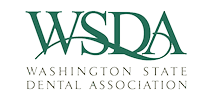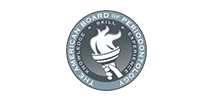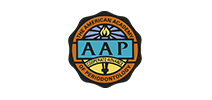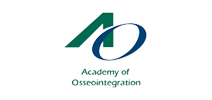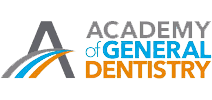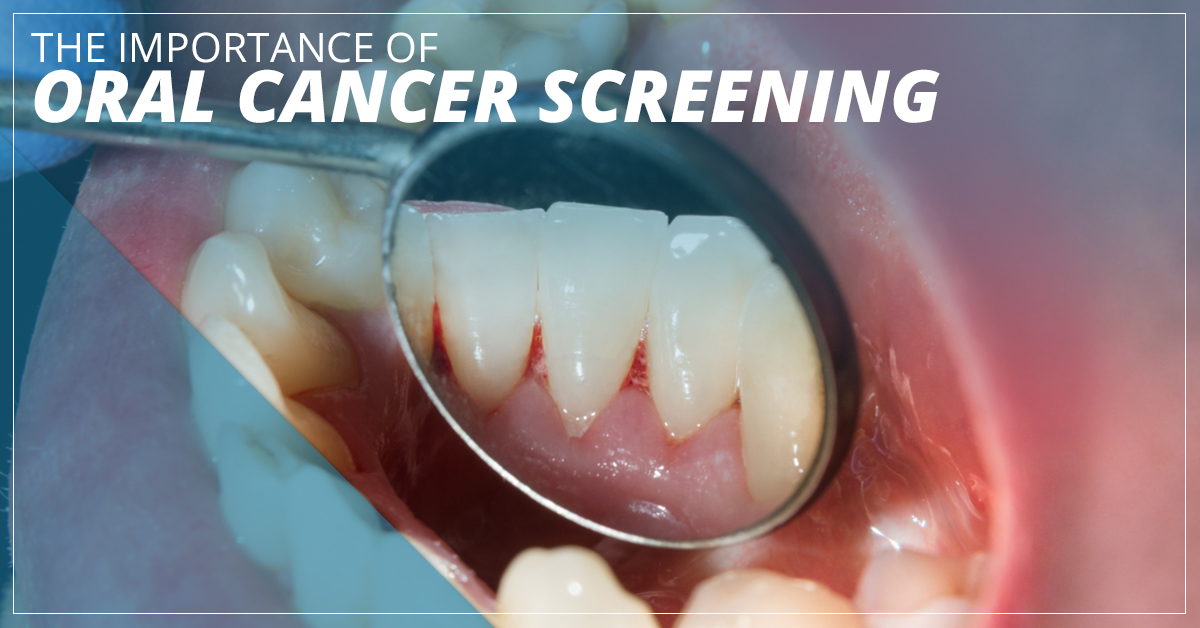
When you go to see an oral health specialist, you’re probably going for just one reason like checking for cavities, having your teeth professionally cleaned, or to ask about dental implants or extractions. But are you aware that many oral health specialists will offer oral cancer screenings along with their normal exams or consultations? If oral cancer is caught in its early stages it can be treated more easily and with a higher rate of success. At Same-Day Implants we offer oral cancer screenings along with our dental implant exams. Contact us today to learn more or keep reading to learn about the importance of oral cancer screening.
According to 123dentist.com, around 84 percent of cases of oral cancer can be detected by an oral cancer screening. This is hugely beneficial considering around 51,540 get oral oropharyngeal cancer and 10,030 die from it each year according to The American Cancer Society.
How It Works
An oral cancer screening is when an oral health specialist looks for signs of precancerous or cancerous conditions within your mouth. The ultimate goal of a screening is to detect cancer sooner rather than waiting until symptoms reveal themselves. Your dentist, periodontist, or other health specialist will start by checking for red or white patches or mouth sores inside the mouth. He or she will feel for any lumps or other abnormalities that could be the indication of a tumor. Some tests may involve rinsing your mouth with a special dye that will reveal cancerous cells or
Aside from using a flashlight, mirror, and tongue depressor to locate areas that could be problematic, there are several other tools an oral health specialist will use to help detect oral cancer including the Oral CDx that can remove certain cells in the mouth for cancer testing; VELscopes uses a blue light to detect suspicious tissues in the mouth; and the Orascoptic DK is a mouth rinse that will help reveal certain tissues as well.
Why It Matters
The problem with oral cancer is that it can often be difficult to detect. Oftentimes, oral cancers or dysplasias in its early stage show no signs of being harmful and instead, look like normally-appearing oral lesions. Another reason they’re difficult to detect is because they typically start very small, colorless, and don’t cause any bleeding or pain. As a result, patients usually aren’t aware of their presence. According to CDX Diagnostics, around 15 percent of people have oral lesions, and most people that do have more than one. This means it would be very difficult to biopsy every each one of them.
Most oral health specialists will check for potentially cancerous signs while giving an exam, but this is never a perfect process considering they’re not specifically inspecting each legion and having it tested. This is where an actual oral screening can be useful because each lesion will get more attention and your oral health specialist will perform a number of tests to help with the diagnostics.
Risk Factors
There are several major risk factors that may increase your risk of oral cancer. As such, if these apply to you, you may benefit from an oral cancer screening.
Tobacco use – If you use tobacco products of any kind such as chewing tobacco, cigars, pipes, or cigarettes, you are at a higher risk of oral cancer.
Alcohol consumption – According to Drinkware, a charity that raises awareness for alcohol misuse in the UK, a 2010 study showed that people who had over four drinks a day were five times more likely to have a pharynx cancer as opposed to people who never drank.
High sun exposure – Oral cancer also refers to cancer on the lips and around the mouth and since your lips may see a lot of exposure to the sun, this could increase your risk of oral cancer.
If any of these conditions apply to you, you should speak with your oral health specialist about an oral cancer screening.
Contact Same-Day Implants
At Same-Day Implants in Seattle, we are proud to offer our patients oral cancer screenings, along with bite and jaw joint exams, and more during our regular dental implant exams. Contact us today to learn more.

